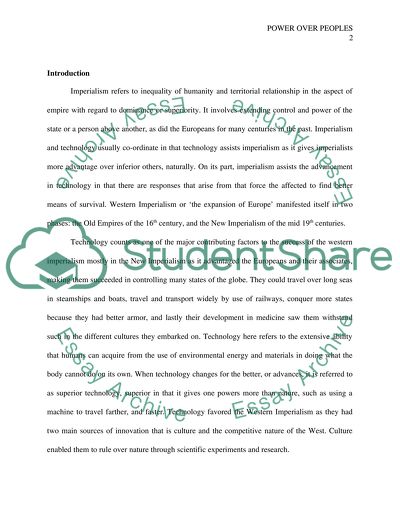Cite this document
(“Power over Peoples Essay Example | Topics and Well Written Essays - 2500 words”, n.d.)
Retrieved from https://studentshare.org/history/1494322-power-over-peoples
Retrieved from https://studentshare.org/history/1494322-power-over-peoples
(Power over Peoples Essay Example | Topics and Well Written Essays - 2500 Words)
https://studentshare.org/history/1494322-power-over-peoples.
https://studentshare.org/history/1494322-power-over-peoples.
“Power over Peoples Essay Example | Topics and Well Written Essays - 2500 Words”, n.d. https://studentshare.org/history/1494322-power-over-peoples.


